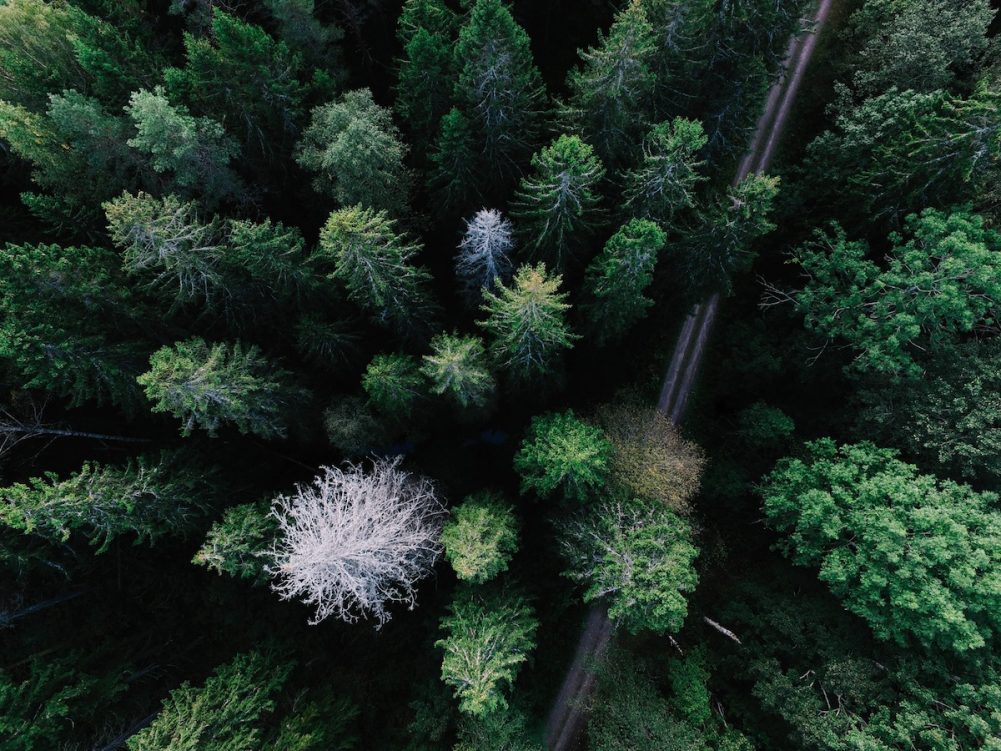Ecodharma is a relatively new word, and its meaning is by no means fixed. The term combines the teachings of Buddhism and related spiritual traditions (dharma) with ecological concerns (eco). More specifically, ecodharma can be understood as a new development in contemporary Buddhism that responds to the ecological crisis threatening civilization as we know it.
That is still quite general, of course. So let me say a few words about my understanding of ecodharma and why it is increasingly important to practice.
Three components of ecodharma stand out for me: practicing in nature, clarifying the ecological implications of Buddhism, and using that understanding to engage in the ecoactivism that the survival of our species calls for.
After the future Buddha left home, he lived in the forest, meditated in nature, and awakened under a tree. When Mara (the Buddhist devil) questioned his enlightenment, he touched the earth as witness to his realization. After that, the Buddha mostly lived and taught in the natural world, and when he eventually died, that, too, happened beneath trees.
Today we have largely lost our connection with nature, living and practicing in four-cornered buildings. But there is something special and precious about meditating outside and rediscovering our deep connection with the natural world. When we do, it becomes more evident to us that the world is not a collection of separate things but a confluence of natural processes that include us.
“We are here to overcome the illusion of our separation,” Vietnamese Zen master and poet Thich Nhat Hanh has said. Traditional Buddhist teachings help us to wake up individually and realize that we are not separate from other people and the rest of the world. And while the ecological crisis is a new challenge, many of those classic teachings are relevant to our situation. There seem to be important parallels, for example, between our usual individual predicament—our sense of separation from others—and our collective sense of separation from the natural world today. Is our ecological situation a larger version of the same problem? In both cases the separation between a self “inside” and the world “outside” is uncomfortable: a self that doesn’t really exist can never secure itself. Yet we keep trying, often in ways that just make things worse. We don’t need to “return to nature” but to realize that we’ve always been a part of it, and what that means for how we live. Eihei Dogen, who founded the Soto Zen school in the 13th century, described his own enlightenment as clearly realizing the “mind is nothing other than rivers and mountains and the great wide earth, the sun and the moon and the stars.”
Today we are called upon to live as bodhisattvas (or “ecosattvas”) who realize that activism in defense of the earth is an essential part of the spiritual path. Our now-global civilization has institutionalized greed and exploitation of the natural world, deferring the environmental costs of fossil fuels and unrestrained consumption to the future—a future that is now upon us. We need to plan and work together in order to promote what Joanna Macy and others call “the Great Turning”—a way forward that emphasizes a “life-sustaining civilization” in the wake of industrial, economic, and political destruction.
At different times practitioners may emphasize some of these components of ecodharma more than others, but all three are important. Then we can ask and plan together: what does it mean to be a bodhisattva today? How can we contribute to the healing of the earth, including the healing of our collective relationship with the earth?
David Loy is co-founder of the Rocky Mountain Ecodharma Retreat Center, which will provide 180 acres of pristine meadows, river, and forest offering countless places to meditate and enjoy being in nature. The lodge provides all the facilities needed for talks, workshops, and other interactive activities.
Thank you for subscribing to Tricycle! As a nonprofit, we depend on readers like you to keep Buddhist teachings and practices widely available.
